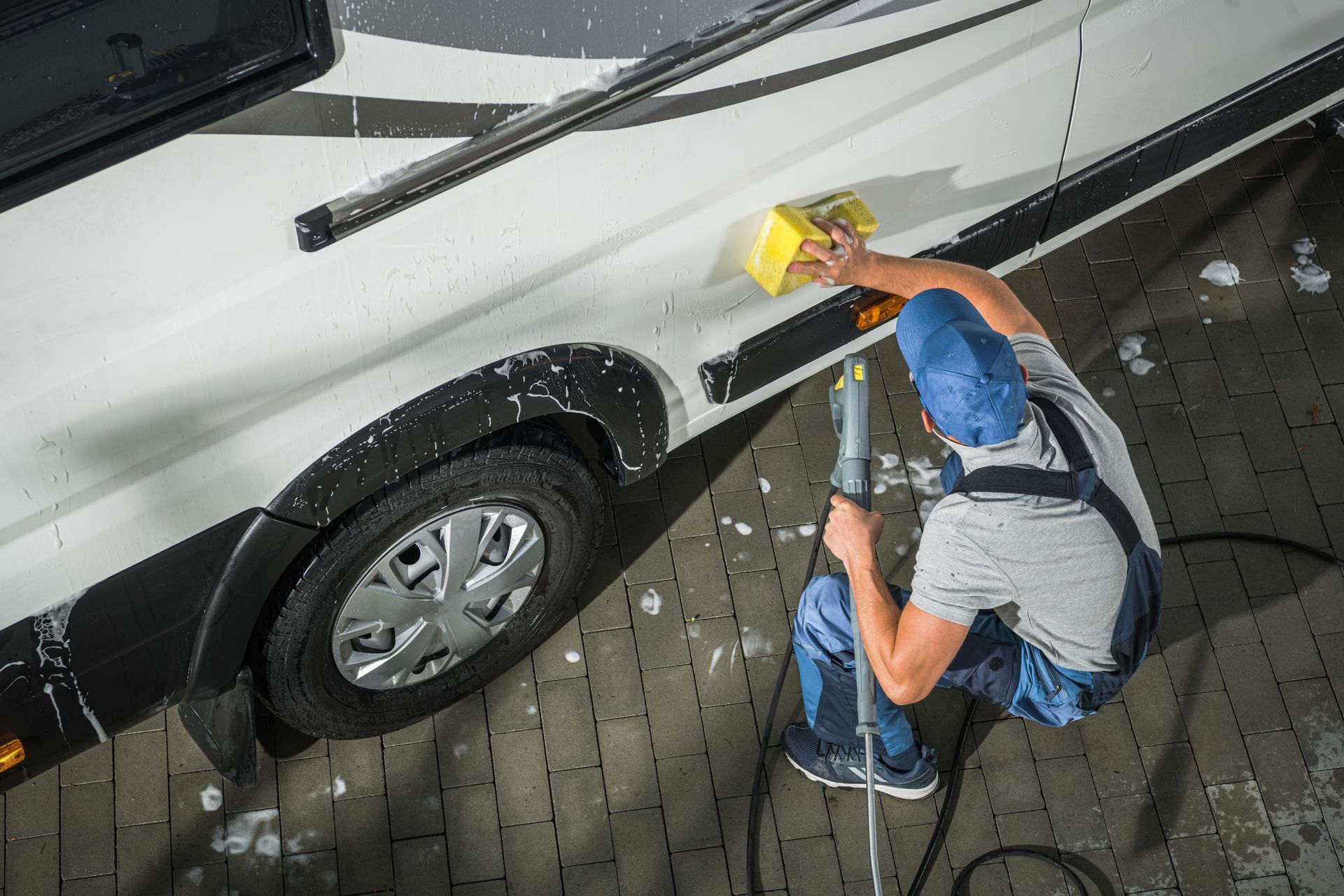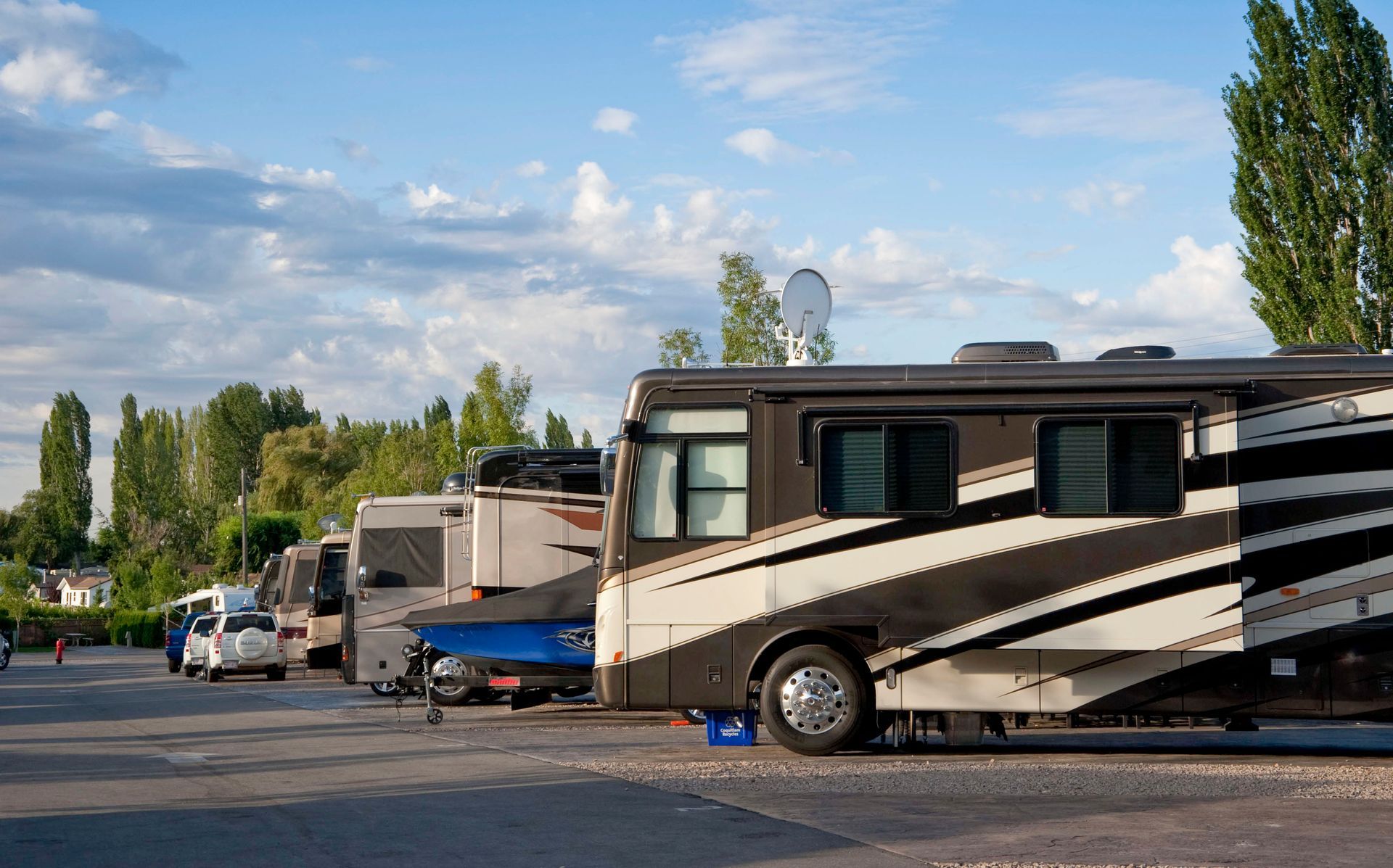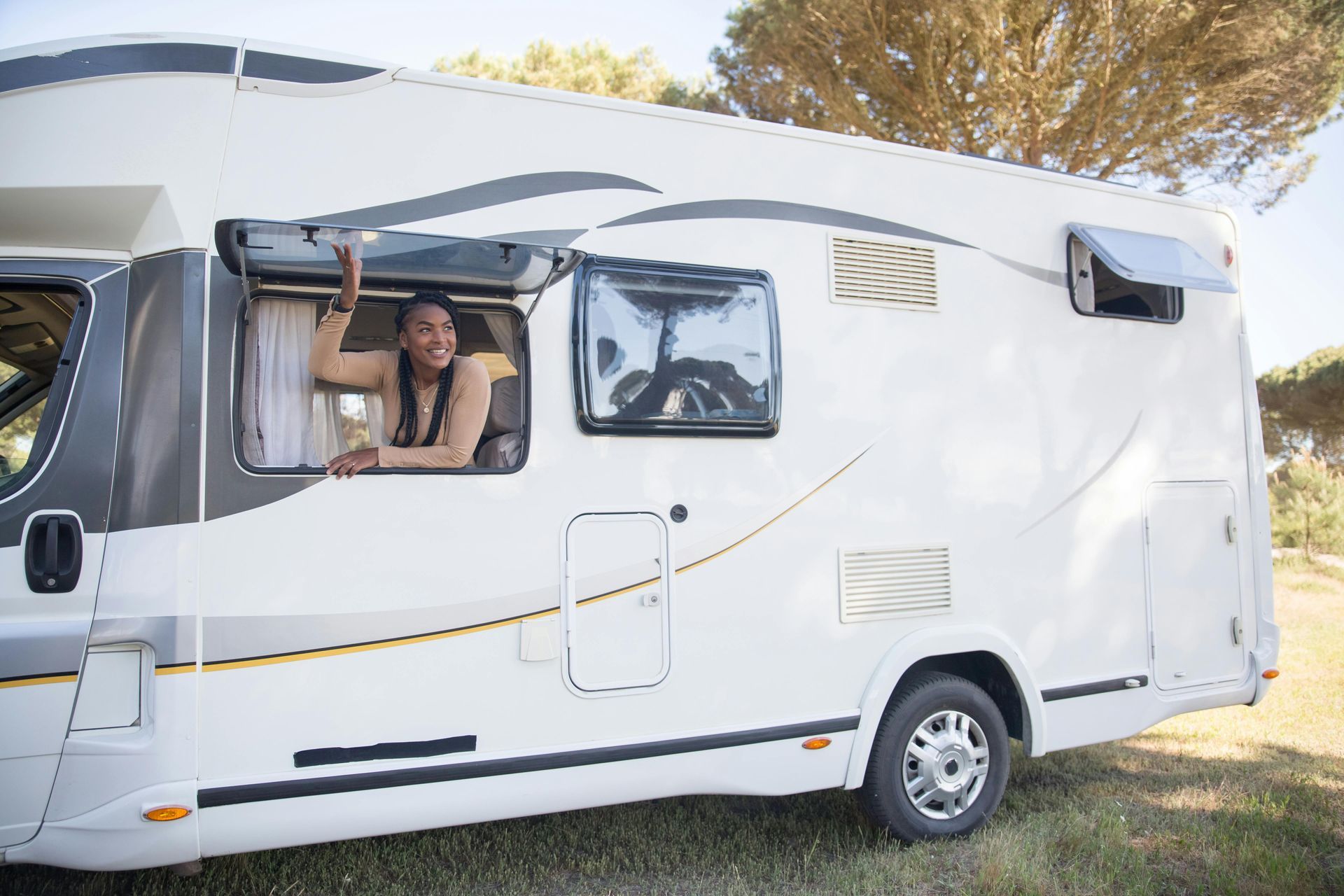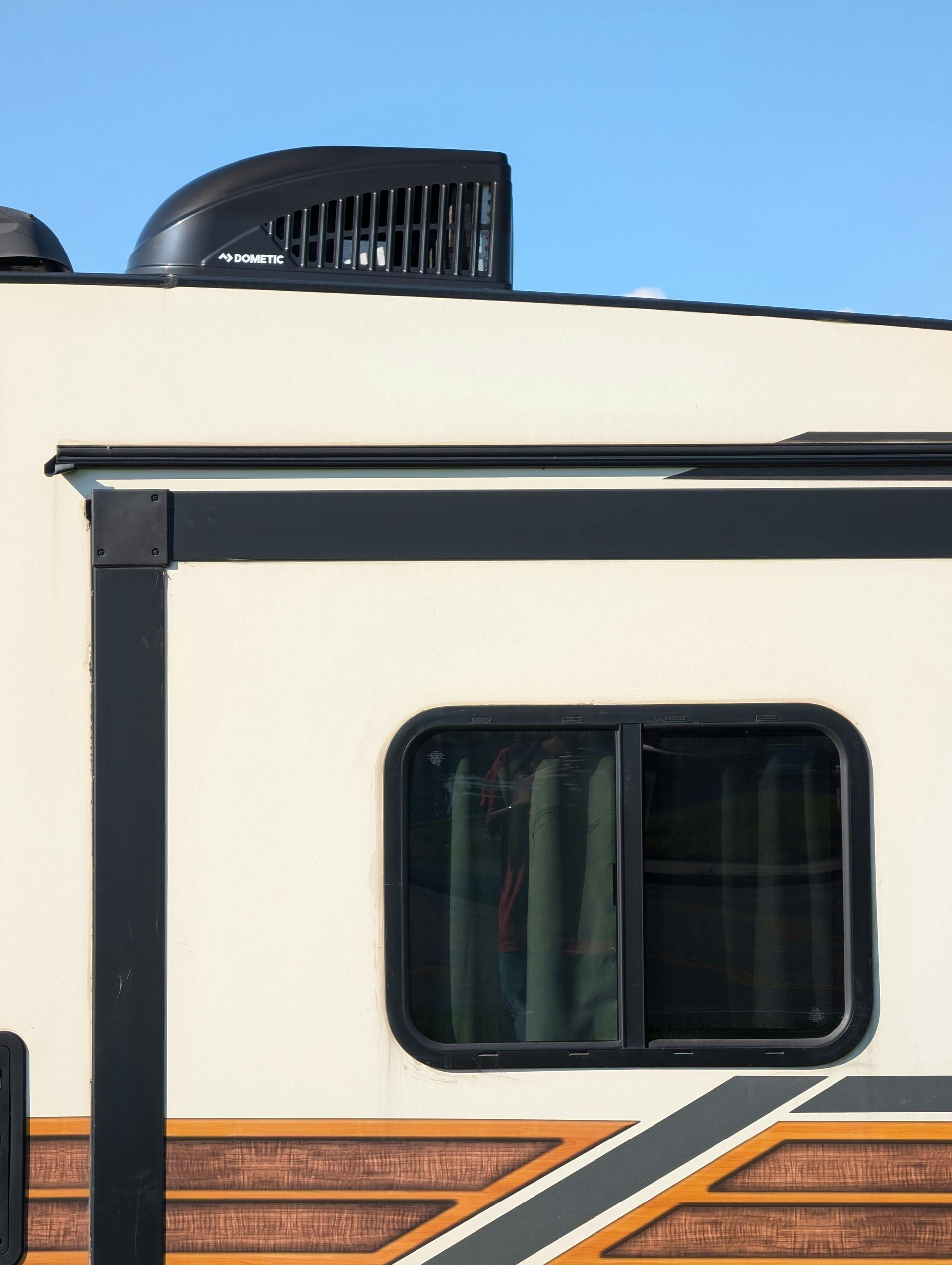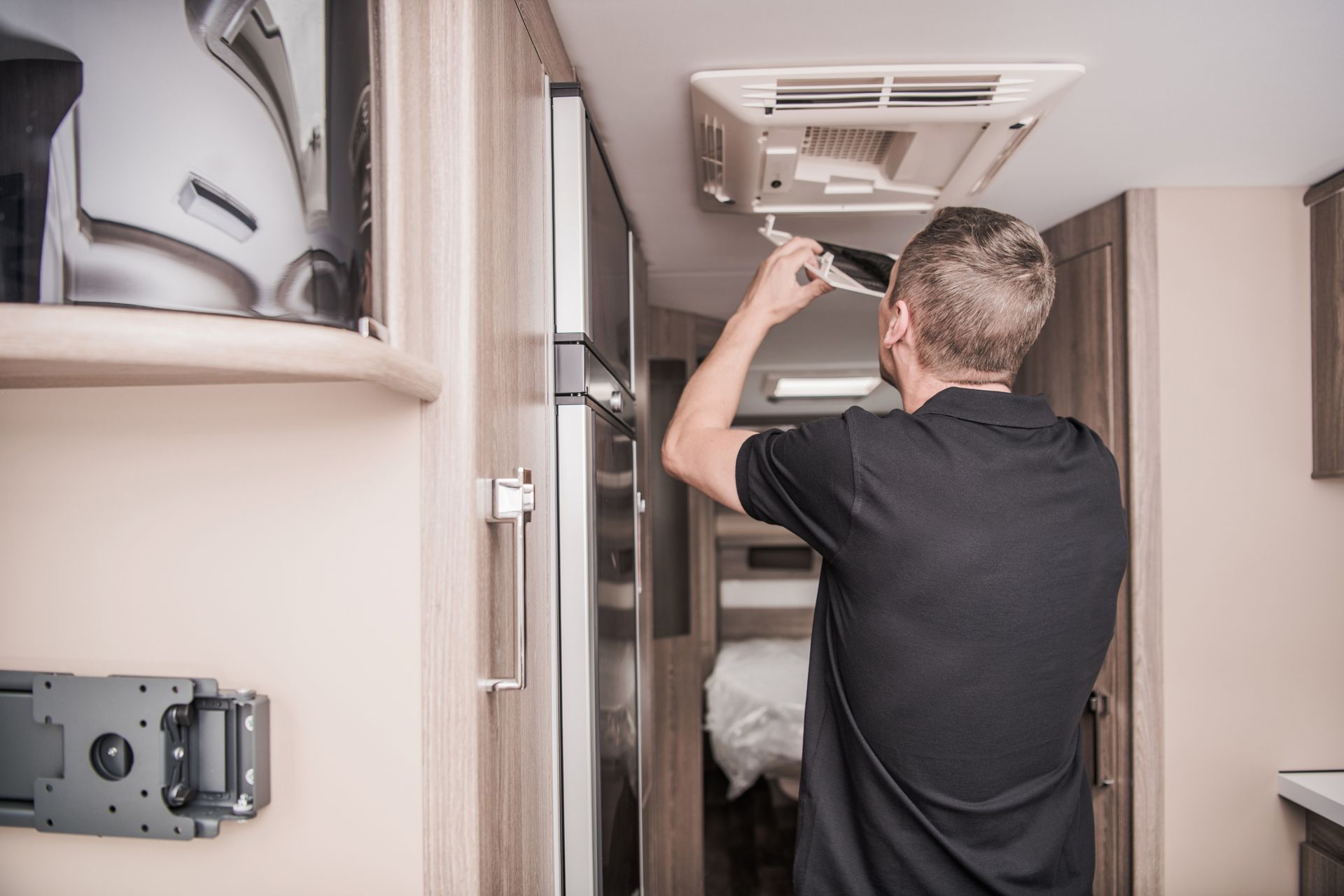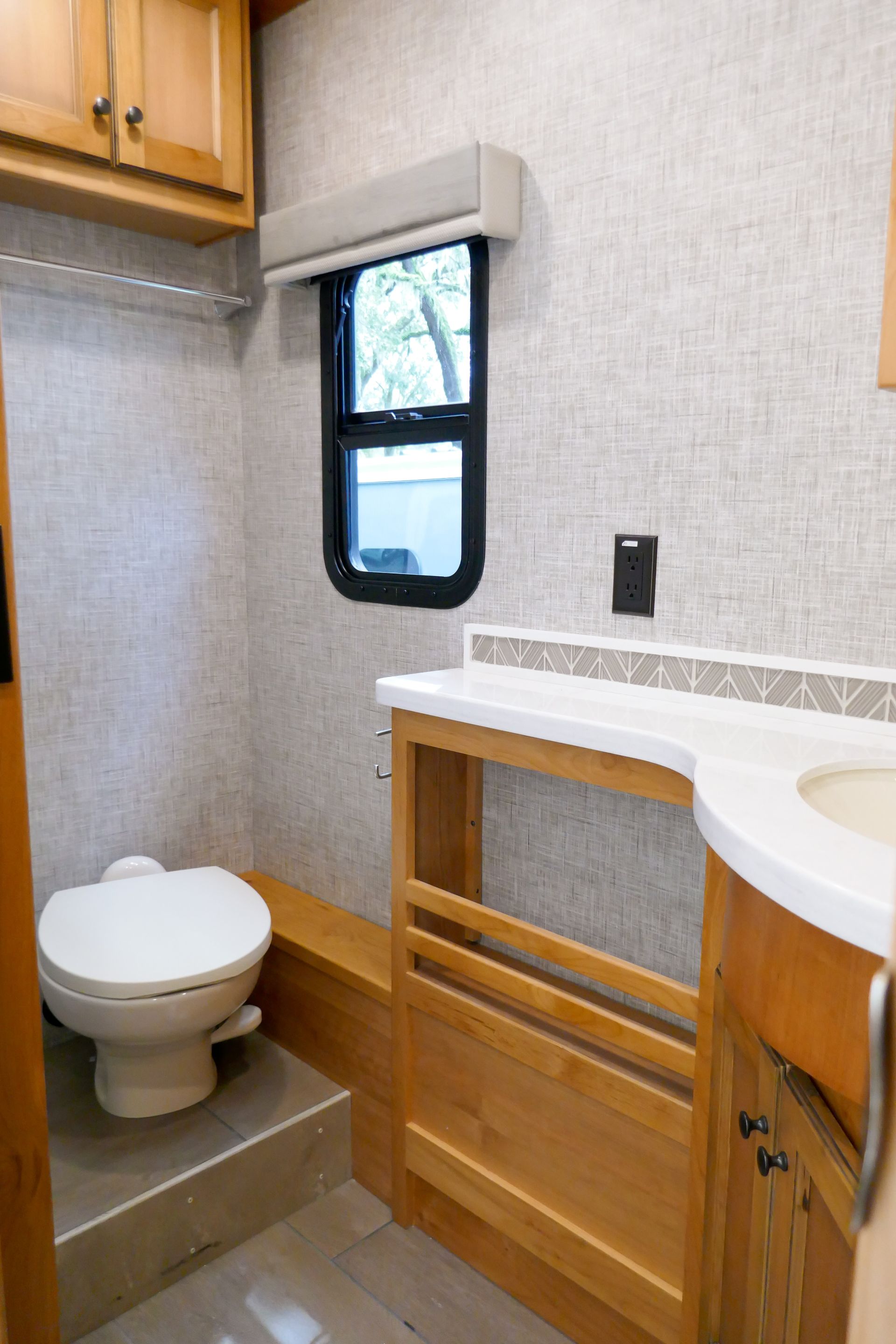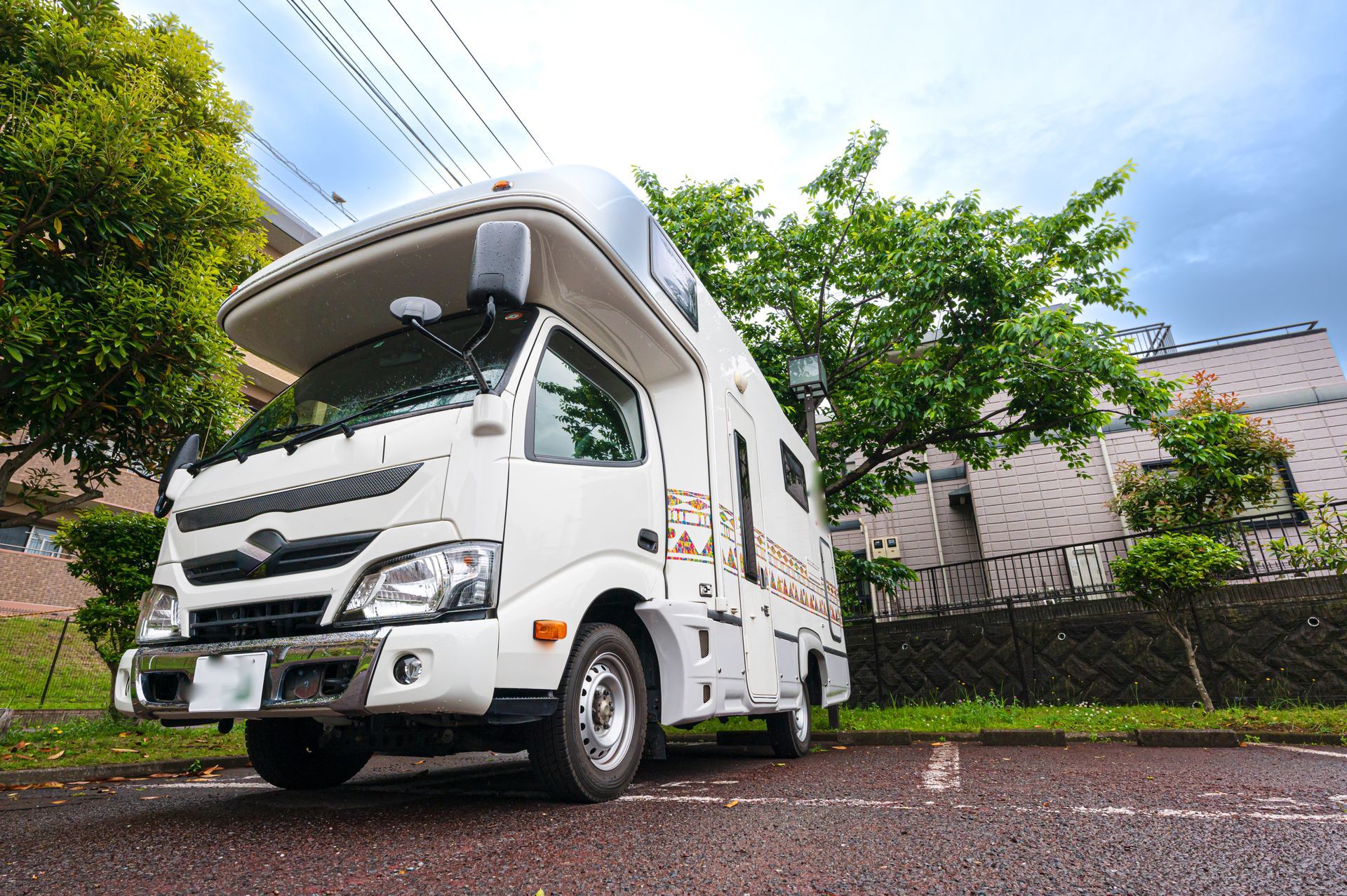RV Winterization: Why It's Essential and How We Do It
As the temperature begins to drop and winter looms on the horizon, RV owners are faced with an important task: winterizing their vehicles. Without proper preparation, freezing temperatures can wreak havoc on an RV, causing damage that’s costly and time-consuming to repair. At Temple RV Repair, we specialize in ensuring that your RV is protected during the cold months. Based in Rockwell, NC, our team has years of experience in RV maintenance and repairs, and winterization is a key part of keeping your RV in top condition year after year.
In this blog post, we’ll explore why RV winterization is essential, what happens when you skip this critical step, and how we can help. Read on to learn everything you need to know to keep your RV safe and ready for your next adventure!
Why RV Winterization is Essential
If you’re new to RV ownership or have never considered winterizing your vehicle, you might wonder why it’s necessary. After all, if your RV is parked for the winter, what could possibly go wrong? Unfortunately, quite a bit.
When temperatures drop below freezing, any water left in your RV’s pipes, water lines, or tanks can freeze. Water expands as it freezes, which can cause pipes to crack, fittings to loosen, or tanks to rupture. The damage can be significant, requiring expensive repairs or even the replacement of major components. Additionally, winterizing protects your RV’s internal systems and exterior from harsh weather conditions, preventing wear and tear.
Beyond protecting the water system, RV winterization also addresses other vital areas, such as the battery, tires, and appliances. It ensures your RV is safe from the elements and ready for use when warmer weather returns.
The Risks of Skipping Winterization
Skipping RV winterization may seem like a time-saver, but it could lead to severe damage that requires expensive repairs. Here are a few of the most common risks RV owners face if they neglect to winterize their vehicles:
- Frozen and Burst Pipes: Water expands when it freezes, and any leftover water in your RV’s plumbing system can cause pipes to burst, leading to significant water damage inside your RV.
- Damaged Water Heater: If water remains in your RV's water heater and freezes, it can lead to cracks or even destroy the heater altogether.
- Tire Degradation: Cold temperatures can affect your RV's tires, causing them to lose air pressure or develop cracks. Winterization helps protect your tires by ensuring they’re properly inflated and stored.
- Battery Failure: If you don’t remove and store your RV’s battery correctly during winter, it can lose charge or suffer permanent damage.
- Rodent and Pest Infestation: An RV left unattended without proper precautions can become a cozy home for rodents or insects during the colder months.
By investing in professional RV winterization, you can prevent these problems and extend the life of your vehicle.
How We Winterize Your RV at Temple RV Repair
At Temple RV Repair, we’ve developed a comprehensive winterization process to ensure your RV is fully protected from the cold. Here’s a breakdown of the services we provide when winterizing your RV:
- Drain and Flush the Water System: We begin by draining all water from the RV’s plumbing system, including the water heater, holding tanks, and pipes. Then, we flush the system with compressed air or a non-toxic RV antifreeze to ensure no water is left behind.
- Protect Appliances: Any appliances that use water, such as the toilet, refrigerator, or washer, are treated with antifreeze to prevent freezing.
- Battery Removal and Storage: Your RV’s battery is carefully disconnected, removed, and stored to prevent it from freezing or losing charge.
- Tire Maintenance: We inspect your tires, ensuring they are properly inflated and show no signs of wear or cracking. For longer-term storage, we recommend using tire covers to protect against UV damage.
- Seal Vents and Openings: To prevent rodents and insects from getting into your RV during the winter, we inspect and seal any vents or openings that could serve as entry points for pests.
- Inspect the Exterior: Finally, we inspect the exterior of your RV for any cracks, gaps, or damage that may worsen during the winter. We recommend any necessary repairs before the cold weather sets in.
When Should You Winterize Your RV?
It's essential to winterize your RV at the right time. Ideally, you should start the process before the first frost or when nighttime temperatures regularly dip below freezing. In Rockwell, NC, this typically happens in late October or early November, but it’s always better to err on the side of caution.
If you wait too long to winterize, you run the risk of early freezes causing damage. The sooner you winterize, the safer your RV will be from unexpected cold snaps.
For RV owners who use their vehicle year-round in warmer climates but store it in colder regions, it’s important to remember that even a single freezing night can be enough to cause damage. If your RV won’t be in use during the winter months, scheduling a winterization appointment should be a top priority.
Reversing the Process: How We De-Winterize Your RV in the Spring
Once the cold season has passed and it’s time to hit the road again, Temple RV Repair also offers professional de-winterization services to get your RV ready for spring and summer. This process includes flushing out the antifreeze, inspecting for any winter-related damage, and performing any maintenance needed to ensure everything runs smoothly.
- Water System Flush: We flush out any antifreeze used during the winterization process and refill the water system.
- Battery Reconnection: We reconnect and test the RV’s battery to make sure it’s in good working order.
- Tire Check: After winter storage, we check your tires for proper inflation and any signs of wear.
- Appliance Testing: We make sure all appliances are functioning correctly and haven’t sustained any damage during the winter.
- Exterior Inspection: Finally, we inspect the exterior to ensure no damage occurred due to snow, ice, or wind.
Contact Temple RV Repair for Professional RV Winterization in Rockwell, NC
Winterizing your RV is crucial for preserving your investment. At Temple RV Repair, we make the process simple, efficient, and thorough, giving you peace of mind that your RV will be safe throughout the winter.
Whether you need help with winterization or are looking to prepare your RV for the next adventure, we’ve got you covered. Contact us today at
(704) 471-4949 to schedule your winterization appointment or to learn more about our range of RV services such as
in-shop repair,
mobile work, and
RV storage.
FAQs
What does RV winterization involve?
RV winterization involves draining all water from the plumbing system, protecting appliances with antifreeze, removing and storing the battery, checking and inflating tires, and sealing any openings to prevent rodents or pests from entering.
How much does it cost to winterize an RV?
The cost of RV winterization varies depending on the size of the RV and the services required, but generally, it ranges from $150 to $300. At Temple RV Repair, we offer competitive pricing and professional service.
Can I winterize my RV myself?
While some RV owners choose to winterize their vehicles themselves, it’s easy to miss important steps, which can lead to costly damage. Professional winterization ensures that every component is properly protected.
How long does the winterization process take?
Professional winterization typically takes about 1-2 hours, depending on the size and condition of your RV. We work efficiently to get your RV winterized and ready for storage.
Do I need to winterize my RV if I live in a warm climate?
If your RV will be stored in a colder region or if you plan to travel through freezing temperatures, winterization is still essential. Even in warmer climates, it’s better to be prepared in case of unexpected cold snaps.
